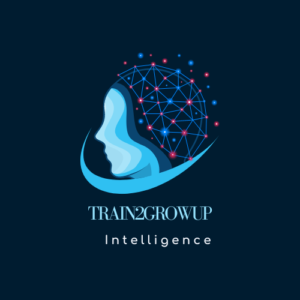Corporate Business Functions Overview
“Corporate Business Functions” refer to the essential activities and processes that support the overall operations and management of a corporation. These functions are typically organized into departments or units within a company, each with specific responsibilities that contribute to the organization’s goals and objectives. Corporate business functions are critical for maintaining the efficiency, productivity, and profitability of a business.
Why Join this Program?
High Demand for Digital Marketing Professionals
As businesses increasingly shift their focus to online platforms, the demand for skilled digital marketing professionals continues to grow. Companies of all sizes need experts who can help them navigate the digital landscape, making digital marketing a lucrative and stable career choice.
Diverse Career Opportunities
Digital marketing encompasses a wide range of disciplines, including SEO, content marketing, social media management, email marketing, PPC advertising, and more. This diversity allows you to specialize in areas that interest you the most and provides opportunities to switch roles within the industry..
Key Corporate Business Functions
Each function plays a vital role in the smooth operation of the business. Proper coordination between these functions ensures that the company operates efficiently and effectively.
- Coordination and Efficiency
- Risk Management
- Strategic Alignment
- Growth and Innovation
Corporate Business Functions Program Details
The Corporate Business Functions program covers the key areas that support the operation and management of a business. Participants will explore the roles, responsibilities, and best practices within each function, learning how to align them with corporate strategy to drive growth and efficiency.
Learning Path:
- Fundamentals of financial management
- Budgeting, forecasting, and financial analysis
- Understanding financial statements and reporting
- Tax compliance and audit processes
- Talent acquisition and retention strategies
- Employee training and development
- Compensation and benefits management
- Employee relations and labor law compliance
- Process optimization and efficiency
- Supply chain management and logistics
- Quality control and continuous improvement
- Lean management and Six Sigma principles
- IT infrastructure and system management
- Cybersecurity and data protection
- Implementing enterprise resource planning (ERP) systems
- Emerging technologies and digital transformation
- Corporate governance and legal frameworks
- Contract management and negotiation
- Risk management and compliance strategies
- Intellectual property and regulatory issues
- Innovation management and product development
- Managing R&D projects and teams
- Intellectual property management and patents
- Strategic alignment of R&D with business goals
- Building and maintaining customer relationships
- Customer service excellence and satisfaction metrics
- Handling customer complaints and feedback
- Implementing customer service technologies
- Internal and external communication strategies
- Public relations and media management
- Crisis communication and reputation management
- Corporate social responsibility (CSR) communication
- Office management and facilities planning
- Business continuity planning
- Administrative services and support functions
- Health, safety, and environmental management
- Strategic sourcing and supplier management
- Inventory management and just-in-time (JIT) systems
- Logistics and distribution management
- Sustainability in supply chain management
Skills Covered
- Website Creation
- Behavioral Marketing
- Search Engine Optimization
- Social Media Marketing
- Keyword Research
- Search Engine Marketing
- Campaign Management
- Mobile Marketing
- Content Marketing
- Analytics ROI and Evaluation
- Strategies for Paid Campaigns
- AI Automation and Emerging Technology


